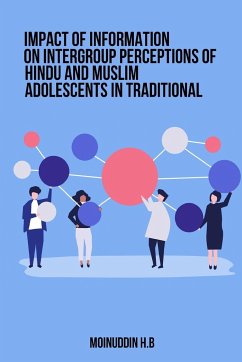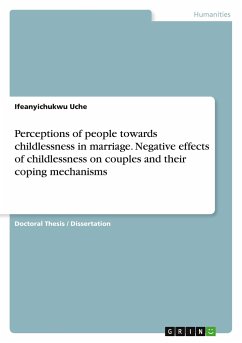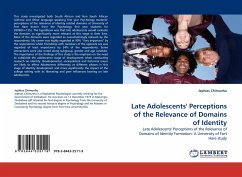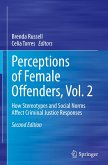ABSTRACT The entire world is confronted with the problems of inter-group relations. The most challenging issue of contemporary society is to make unbiased and accurate perception and attitude towards social groups. It is very surprising that inter-group conflicts increases day by day even though we are living in the civilized and developed or developing multicultural societies as well as in the era of information and communication technology (ICT).People make sense about the social world on the basis of social schemas, which are cognitive structures contain knowledge and beliefs about others. Formation of these cognitive structures depends on informationacquired throughsocial interaction, narratives, images, symbols, books and news (e.g. print media, electronic media, social media). In this regard, information pre-tuned the individual's perception for making sense about the members of social groups. On the other hand, it is the fact that individuals are cognitive miser therefore cannot process all the information available in the social world. In this way, information processing about social groups might be influenced by the individual's motives. It has been reported that individuals are prone to associate the positive information with in-group and negative information with out-group (Islam & Hewstone, 1993; Hunter, Stringer & Watson, 2001; Khan & Liu, 2008). Therefore, it is needed to examine the effect of information on inter-group perception and evaluation between social groups.







